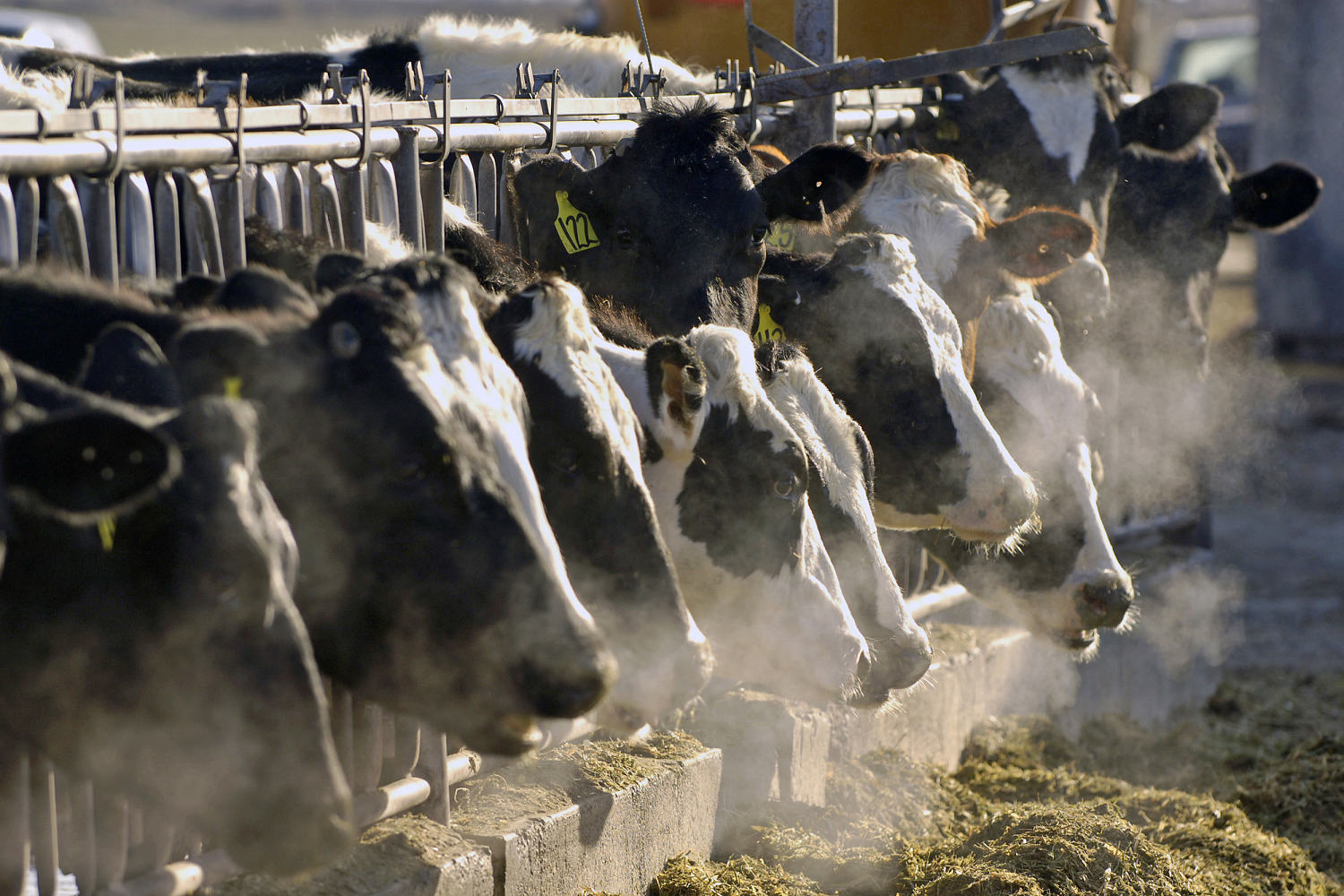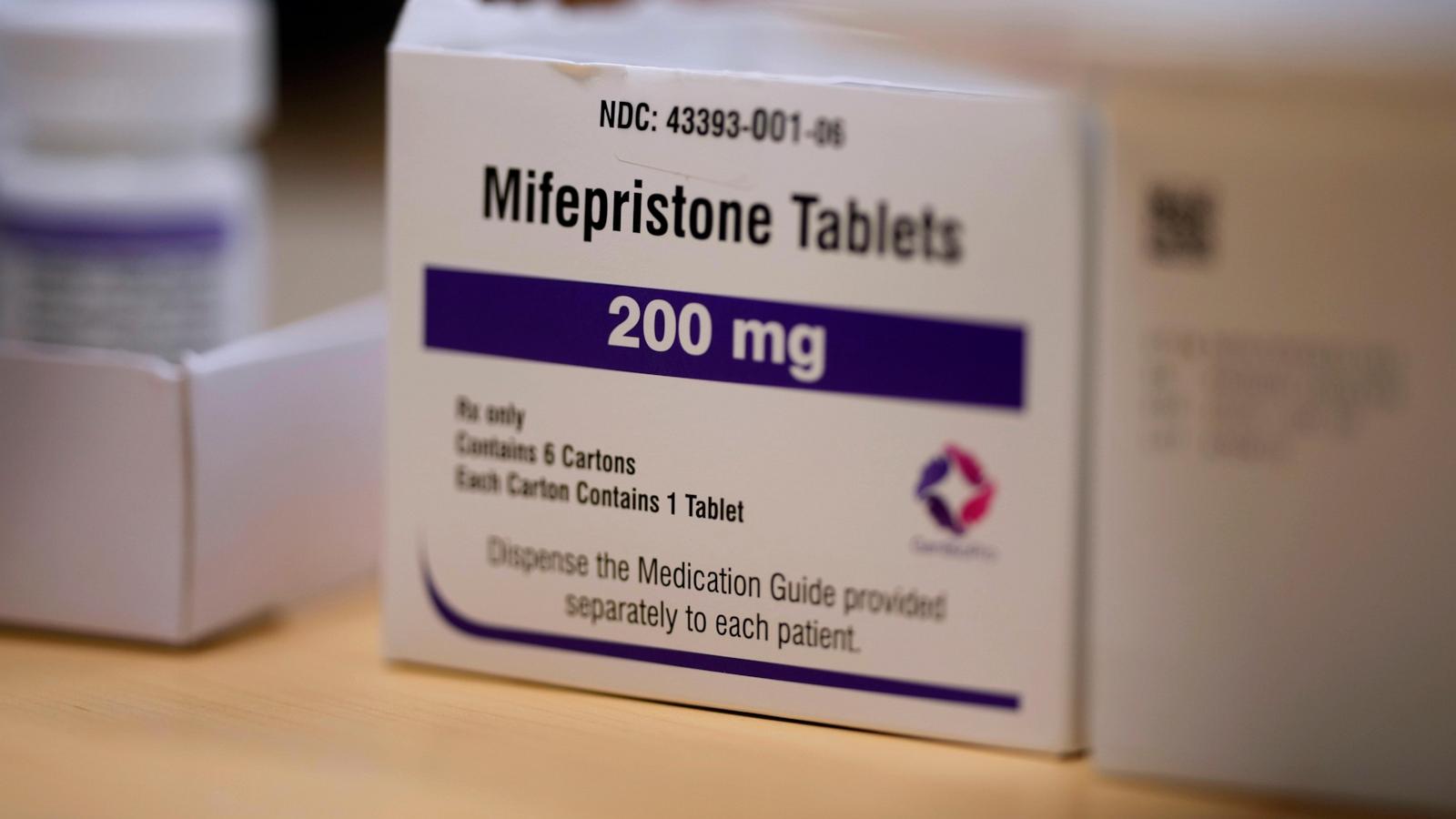An inspection campaign in the Czech Republic has revealed problems with almost half of olive oil samples tested. State Agricultural and Food Inspection Authority (SZPI) testing focused on the quality of olive oils in the country. The aim was to verify whether extra virgin and virgin olive oils from different… Continue Reading Government Agencies, World, caterers, Czech Agriculture and Food Inspection Authority (SZPI), Czech Republic, fast food, olive oil Food Safety News
An inspection campaign in the Czech Republic has revealed problems with almost half of olive oil samples tested.
State Agricultural and Food Inspection Authority (SZPI) testing focused on the quality of olive oils in the country.
The aim was to verify whether extra virgin and virgin olive oils from different countries of origin met the physical, chemical, and sensory parameters and labeling requirements defined in European regulations.
The more serious violations were for olive oils that did not correspond to the extra virgin designation during the evaluation and were oils of a lower quality. Non-compliant samples came from Spain, Greece and Tunisia.
Analyses in the accredited Laboratory of Olive Oil Testing in Slovenia and in the domestic accredited lab of SZPI, found that eight out of 18 samples were non-compliant.
Seven samples were not extra virgin oils, as the manufacturers stated on the packaging, but were a lower quality class of oil. SZPI said this means consumers were being deceived by false information on the label. In another sample, inspectors noted deficiencies in labeling.
Inspections of olive oils show that products imported into the Czech Republic are often not a match to the declared category. SZPI said this indicates that importers underestimate the ability of authorities in the Czech Republic to assess the quality of olive oils.
SZPI said it would inform authorities in the relevant countries about the non-compliant samples. The agency ordered sellers to withdraw implicated batches from the market and will initiate administrative proceedings in the form of fines.
Czech Republic is not a producer of olive oil but carries out inspections according to standards set by European legislation. The rate of compliance has improved compared to 2023 when 67 percent of samples evaluated failed the inspection.
Checking safety of single-portion food
In a separate control campaign, the Ministry of Health and regional public health agencies (KHS) checked the microbiological safety of single-portion packaged meals for immediate consumption.
Inspections looked at whether the meals, which are a frequent choice of consumers for fast food, met microbial criteria set by European and Czech legislation.
A total of 70 food establishments were inspected during October 2024, with at least one meal taken from each outlet for laboratory testing. Overall, 95 samples of packaged foods were taken, of which 87 samples were examined for microbiological contamination and eight for the presence of toxins.
Nine samples were judged to have failed. The most frequently detected bacteria was from the Enterobacteriaceae family, which occurs mainly in environments with insufficient hygiene or when food is handled incorrectly.
“Food safety plays a crucial role in protecting public health and it is essential that this standard is met at every stage of food preparation and distribution. With the ever-increasing popularity of single-portion packaged meals, it is important to ensure that these meals do not pose a health risk to consumers. The targeted task helped us map the current situation in this area and contributed to further strengthening food safety in the Czech Republic,” said Matyáš Fošum, chief hygienist of the Czech Republic.
Inspections also checked compliance with good manufacturing practices and HACCP (Hazard Analysis and Critical Control Point) procedures. KHS staff assessed the accuracy of labeling, with a focus on information on the presence of allergens, the expiration date and storage conditions.
“Results of the inspections showed that Czech catering operations in most cases meet high safety standards. Prevention is essential so that the risks associated with food are minimized at the level of their preparation,” said Ondřej Fries, deputy director of the public health protection department.
(To sign up for a free subscription to Food Safety News, click here.)







